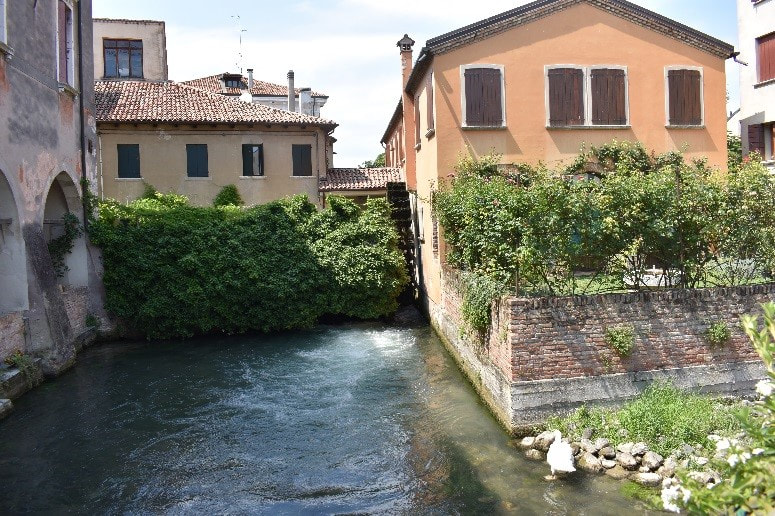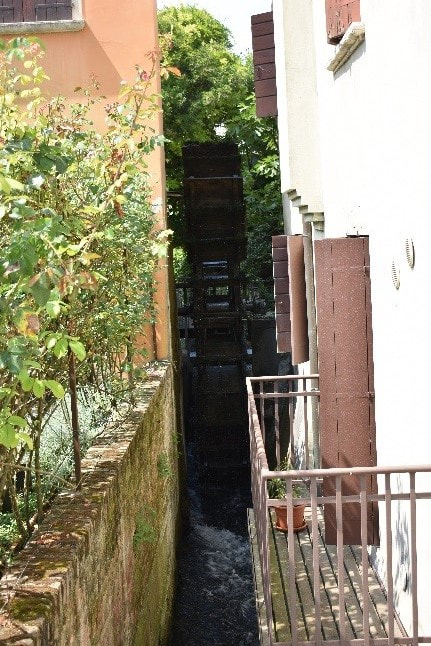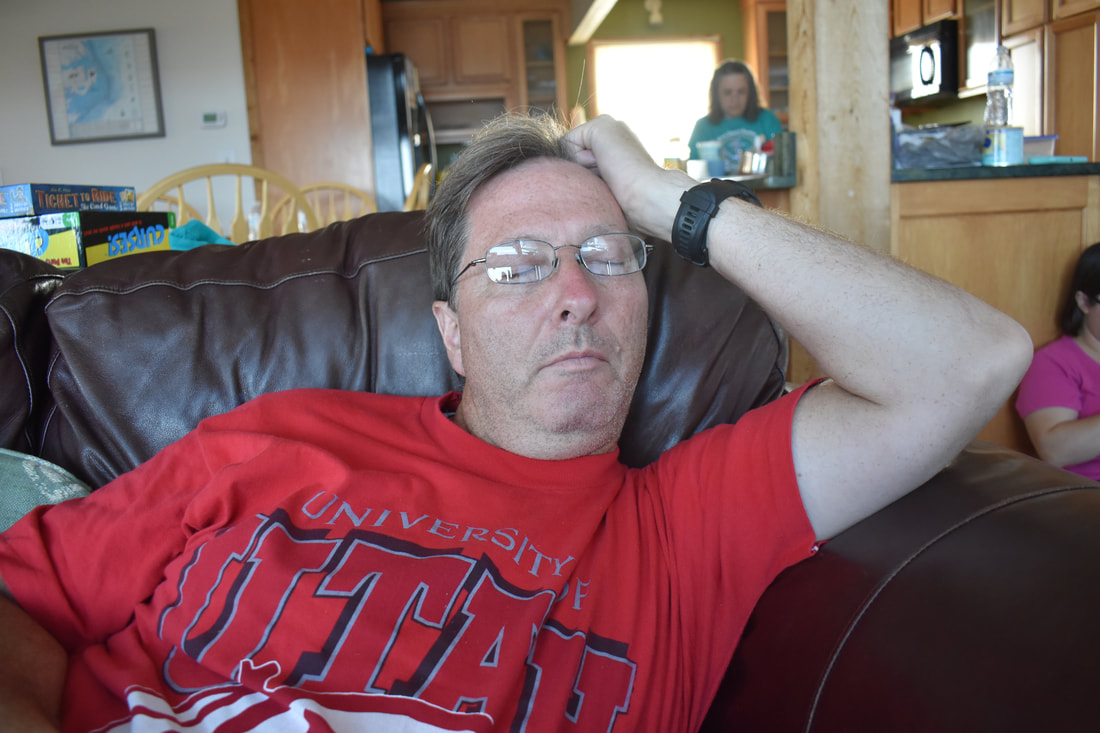He tells interesting stories. He also has a street-vendor call that reminds me of similar folks I first encountered in Spain many years ago. I added a quick recording of it below.
Clayton is at his business regardless of the weather. When it's rainy he also sells umbrellas. Sometimes he adds socks, or gloves, or scarfs, or some other seasonal wares. About two years ago Clayton was not at his usual station. This went on for about two weeks. Another person filled in for him a couple of those days, but his cart generally sat empty. When he came back he shared with me that he had a heart attack. They put a stint in his heart and he was doing better.
My wife sometimes makes a to do about me bringing home some flowers for her on occasion. I think Clayton is selling a little bit of joy. I enjoy chatting with him. He enjoys chatting with everybody and selling me a few flowers. Michelle enjoys me bringing them home to her. I enjoy seeing the happiness it brings her. So Clayton doesn't just make somebody happy. He makes everybody happy. Seems like it's worth the $5.









 RSS Feed
RSS Feed